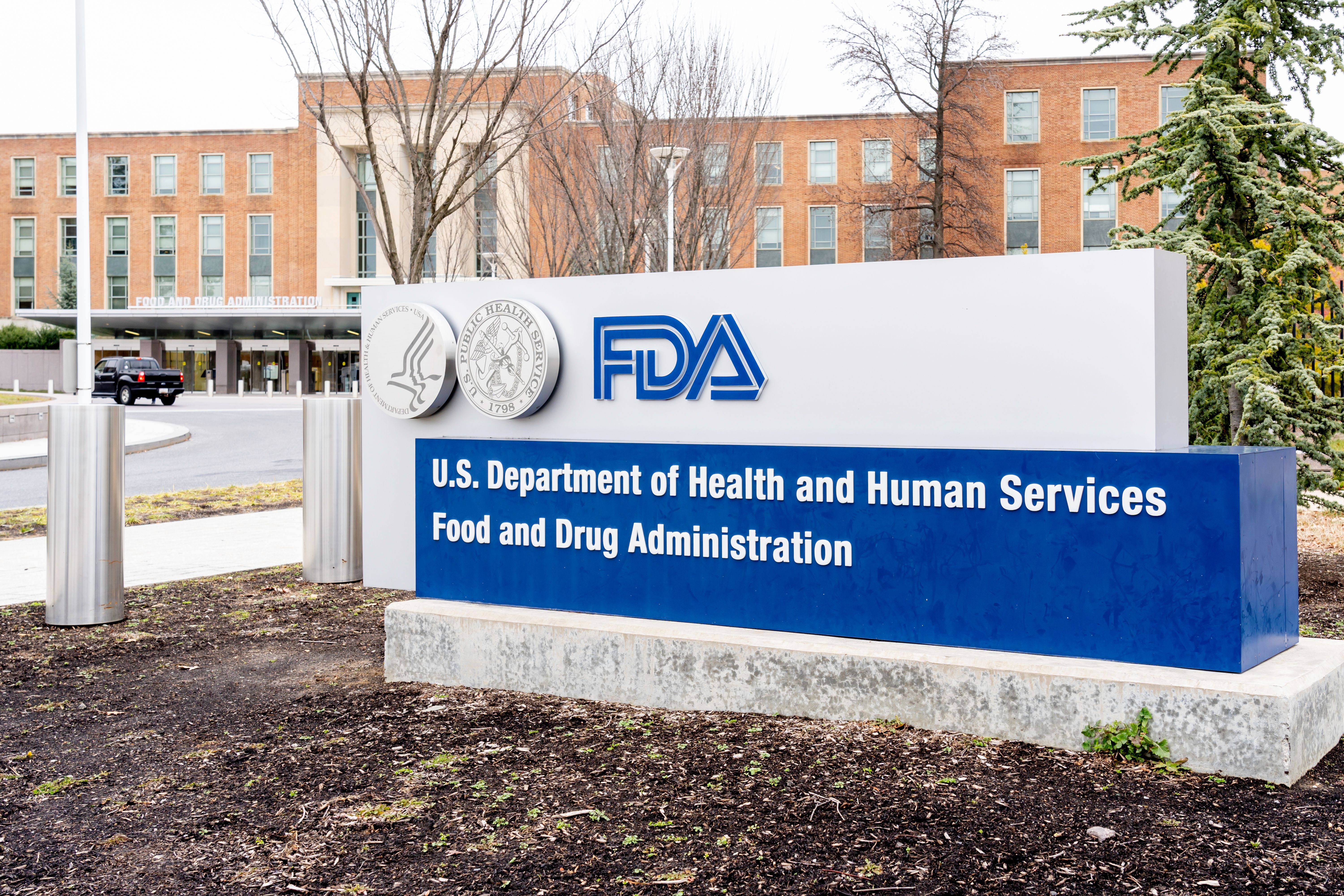- Bone Health
- Immunology
- Hematology
- Respiratory
- Dermatology
- Diabetes
- Gastroenterology
- Neurology
- Oncology
- Ophthalmology
- Rare Disease
- Rheumatology
Alvotech’s Stelara Biosimilar, Selarsdi, Receives FDA Approval
Alvotech’s Selarsdi (ustekinumab-aekn), a biosimilar referencing Stelara (ustekinumab), gained FDA approval, making it the second ustekinumab biosimilar and second for the company to be given the green light for the American market.
The FDA has approved Alvotech and Teva Pharmaceuticals' Selarsdi (ustekinumab-aekn), a biosimilar referencing Stelara (ustekinumab). The approval marks the second approval for an ustekinumab biosimilar and the second overall approval for Alvotech.
Image credit: JHVEPhoto - stock.adobe.com

Ustekinumab products are used to treat moderate to severe plaque psoriasis, psoriatic arthritis, Crohn disease, and ulcerative colitis. Ustekinumab is a humanized immunoglobulin G1k (IgG1k) monoclonal antibody used to treat psoriatic arthritis, Crohn disease, ulcerative colitis, and plaque psoriasis. IgG1k antibodies bind to the p40 protein subunit utilized by interleukin (IL)-12 and IL-23 cytokines.
The news comes just 2 months after Alvotech’s first US approval for its long-awaited adalimumab biosimilar (Simlandi; adalimumab-ryvk).2 Additionally, the first ustekinumab biosimilar (Wezlana; ustekinumab-auub) was approved in November 2023. Wezlana was also approved with interchangeability. The FDA accepted the biologics license application (BLA) for Selarsdi in January 2023.
“We are delighted to announce our second biosimilar approval in the US, which is the thirty-eighth approved market for our biosimilar to Stelara globally," Robert Wessman, chairman and CEO of Alvotech, said in a statement. "Bringing Selarsdi to market in the US early next year presents a significant opportunity to improve patient access to a vital biologic in inflammatory disease and contribute to the reduction of inflationary pressure in healthcare costs. The development of Selarsdi leveraged our purpose-built end-to-end development and manufacturing platform for biosimilars. Being able to develop the biosimilar in the same cell type and continuous perfusion process as was used for the reference product, facilitated the development program’s success.”
Prior to the US approval for Simlandi, Alvotech had received 3 complete response letters (2 for Simlandi, 1 for Selarsdi). All 3 referenced issues with Alvotech’s Iceland-based manufacturing facility rather than the products themselves or the data packages submitted in the BLAs.
In May 2023, Alvotech announced positive phase 3 results comparing Selarsdi with Stelara in patients with plaque psoriasis. The randomized, double-blind, multicenter study (AVT04-GL-301) tested the drugs in 581 patients with moderate to severe plaque psoriasis. According to Alvotech, the study met its primary end point demonstrating therapeutic equivalence between the biosimilar and reference product, and no clinically meaningful safety differences were observed through 28 weeks. The primary end point was improvement in patient psoriasis area and severity index percentage from baseline through week 12.
According to Johnson & Johnson's annual financial report, US sales for Stelara reached $6.4 billion in 2022. The company said that it expects sales to drop after patent expiration and subsequent biosimilar market entrants.
An estimated 125 million people have psoriasis globally, including about 14 million in Europe and more than 7.5 million people in the US. About 80% of people with psoriasis have plaque psoriasis.
“The approval of Selarsdi—which is our second biosimilar approval this year—underscores Teva’s commitment to expanding the availability, access and uptake of this important treatment option to patients in the U.S.,” Thomas Rainey, senior vice president, U.S. Market Access at Teva, said in a statement.1 “The biosimilars market is growing, both globally and in the U.S., and biosimilars are a key component of delivering on Teva’s Pivot to Growth strategy. The partnership model that we’ve established enables us to leverage our commercial presence and experiences globally as we move to bring additional biosimilars to market.”
The news comes around the same time that Alvotech published its financial results for the full year of 2023, showing a 10% revenue growth from the previous year. The company achieved $93.4 million in profits, of which $48.7 million was attributed to product revenues.
In addition to Selarsdi and Simlandi, Alvotech is working on biosimilars for Simponi and Simponi Aria (golimumab; AVT05), Eylea (aflibercept; AVT06), and Prolia/Xgeva (denosumab; AVT03).
Newsletter
Where clinical, regulatory, and economic perspectives converge—sign up for Center for Biosimilars® emails to get expert insights on emerging treatment paradigms, biosimilar policy, and real-world outcomes that shape patient care.
